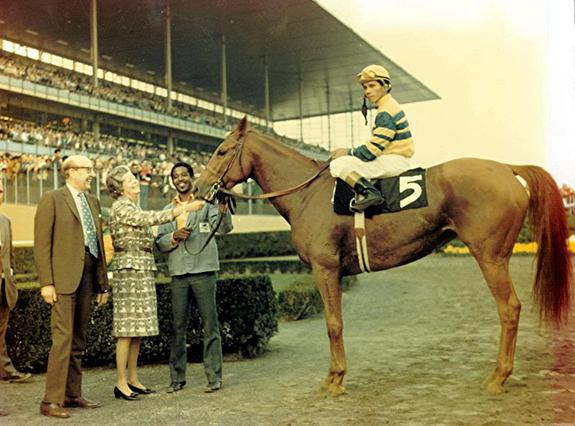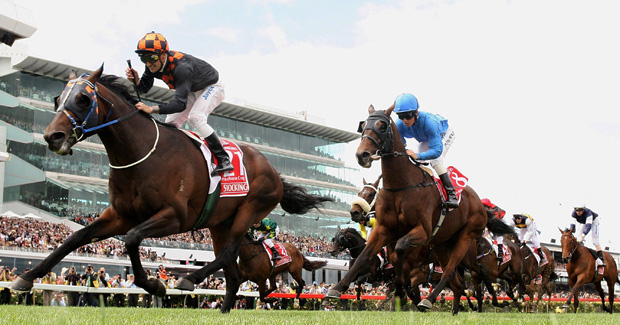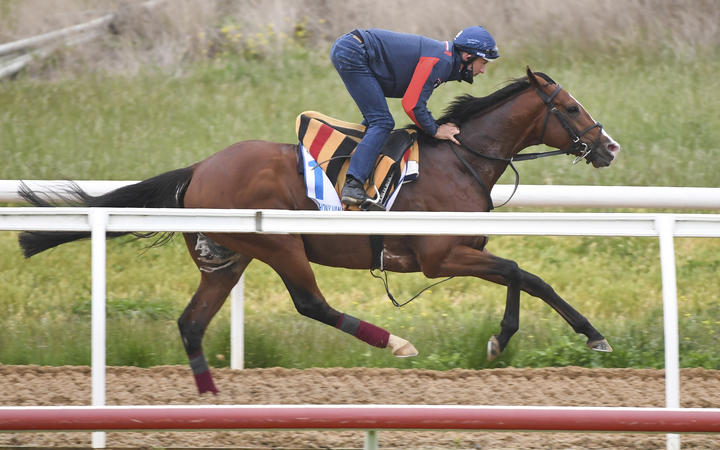- The Victoria Racing Club is hoping the 2021 Melbourne Cup Carnival will be able to have crowds of up to 100,000 spectators, as early planning as to what the club's four major race days may look like is underway following a 2020 when patrons were not permitted to attend the famous four-day carnival.
- The Melbourne Cup is 3,200 metres. It is a handicapped race for horses aged 3 years and above, with the minimum handicap weight set at 50kg. 2020 MELBOURNE CUP.
The Melbourne Cup is a prestigious greyhound race in Australia. The Cup is the final event of the three-week Superdogs series which carries over $1 million in total prize money. The Cup is run over 515 metres (1,690 ft) at Sandown Park in Melbourne, Victoria, Australia in November.

Melbourne Cup, annual horse race, first held in 1861, that is the most important Australian Thoroughbred race of the year and one of the most prestigious races in the world. Held at Flemington Racecourse, the $7.75 million Lexus Melbourne Cup (3200m) is one of 10 races held on Melbourne Cup Day. A capacity field of 24 runners can compete in the Melbourne Cup which is often referred to as ‘the race that stops a nation.’. At 3pm on the first Tuesday in November, millions of viewers stop what they are doing to watch Australia’s most iconic horse race, the Melbourne Cup.
In 2016, the Cup had total prize money of A$600,000.[1] The Cup was first run in 1956 and was worth £500 to the winner.[2]
History[edit]
In 1956, the first Cup was staged at Sandown Park on the grass track over 565 yards under handicap condition. In 1962, the Cup was won by Saskagay, the first bitch to win the race. The prize money was £2000.
In 1964, the CUP was run on a sand track for 555 yards. In 1966, handicap conditions were eliminated. Cheltenham Lass won after finishing second in 1965. In 1967, Neville Ballinger trained the Cup quinella with Swan Opal and Dollar Hunter. In 1970, Chris’ Dandy won for trainer Alex Kay, the fourth consecutive winner from New South Wales.
in 1972, the winner was Gold grotto against a very strong field. In 1973, the distance was reduced again to 513 metres. In 1974, New Zealand-bred Kwik Metal upstages won the Cup. In 1975. the prized money increased to $11,500 to the winner, Dynamic Dean
In 1978, the prize money increased again to $35,000. Actor Robert Stack presented the trophy. In 1979, actor Elke Sommer presented the trophy. In 1980, a silver Mercedes-Benz was given away to celebrate the 25 anniversary of the cup. The presenter was golfer Greg Norman. In 1985 with only a boutique kennel of four greyhounds, the illustrious Hall of Famer Ned Bryant trained the quinella with the Brian Lenehan owned Sydney Dingaan defeating Shining Chariot. In 1986, the distance was reduced to 511 metres. By 1991, the prize money had increased to $50,000.
In 1992, Schweppes became the Cup sponsor and Master Giant the winner. By 1996, the distance had increased to 515 metres and the prize money to $100,000. The 1998 winner was Rapid Journey and the 1999 winner was Kantarn Bale. The prize money increased to $150,000 in 2004.
In 2005, was the winner of the 50th Cup. In 2006 - Betty's Angel completed the Group 1 ADVANCE Sapphire Crown – Schweppes Melbourne Cup double, setting a new race record of 29.51. The winner in 2008 was Surgeon, with prize money of $175,000. In 2009, Lord Ducal won with a time of 29.53.
In 2010, the winner was El Grand Senor with a dominant performance. In 2011, Dyna Tron in a race record 29.21 seconds. In 2011, prize money increased to $350,000.
Conditions[edit]

The final of the Melbourne Cup involves the winners of eight heats conducted the previous week. In order for a greyhound to qualify for the heats, it must win an 'exemption race' - a Group 1 sprint race, a Victorian country cup (except the Healesville Cup) or a group race at Sandown Park 515m - in the 12 months preceding the Melbourne Cup final.
The previous year's Melbourne Cup winner and all finalists in the 'Shootout,' a four-dog winner-takes-all event the week prior to the Melbourne Cup heats, also qualify for the Melbourne Cup heats, as do the winners of a Melbourne Cup Prelude. Melbourne Cup Preludes were first conducted in 1995.


Melbourne Cup Preludes are conducted every two weeks, with the final Prelude series conducted on the same night as the Shootout. Remaining places in the Melbourne Cup heats are awarded to the best performed greyhounds that have competed in at least one Melbourne Cup Prelude series.
Prize money[edit]
Melbourne Cup Prize money has grown considerably since the first running of the Cup in 1956:
- 1956 500 pounds to the winner
- 1964 $1000
- 1971 $8000
- 1975 $11,500
- 1978 $35,000
- 1990 $40,000
- 1991 $50,000
- 1994 $55,000
- 1995 $80,000
- 1996 $100,000
- 2002 $140,000
- 2005 $150,000
- 2008 $175,000
- 2011 $200,000
- 2012 $350,000
Melbourne Cup Horses
The Melbourne Cup winner also collects a gold trophy and presentation rug. In April 2012, Greyhound Racing Victoria announced a $6 million increase to prize money, including $450,000 to feature events at Sandown Park. This allowed the club to significantly increase the prize money for the Melbourne Cup, as well as several other feature races. All Group 1 events at Sandown Park were to carry a minimum $100,000 first prize.

Records[edit]
Wins by state[edit]
- 42 Victoria
- 11 New South Wales
- 2 Queensland
- 1 South Australia
Most wins by trainers[edit]
- Graeme Bate (3 winners): Satan's Shroud (1981), Fair Sentence (1989), Kantarn Bale (1999)
- Darren McDonald (3 winners): Hallucinate (2004), Shanlyn Prince (2007), Surgeon (2008)
Wins by sex[edit]
- Dogs 45
- Bitches 11
Race Records[edit]
- Fastest time - 29.21 (Dyna Tron, 2011)
- Biggest margin - 9 lengths (Fox Hunt, 1991)
- Smallest margin - Neck (Chief Ranee 1960, Chris’ Dandy 1970, Black Aztec 1980, City Blitz 1995)
- Longest priced winner - Classic Capri, $25.90 (2001)
- Shortest priced winner - Gold Grotto, 2/1 on ($1.50) (1972)
See also[edit]
References[edit]
- ^'TAB Melbourne Cup Highlights'. Greyhound Racing Victoria. 21 November 2015. Retrieved 5 September 2016.
- ^'TAB Melbourne Cup'. Sandown Greyhounds. 2016. Retrieved 5 September 2016.